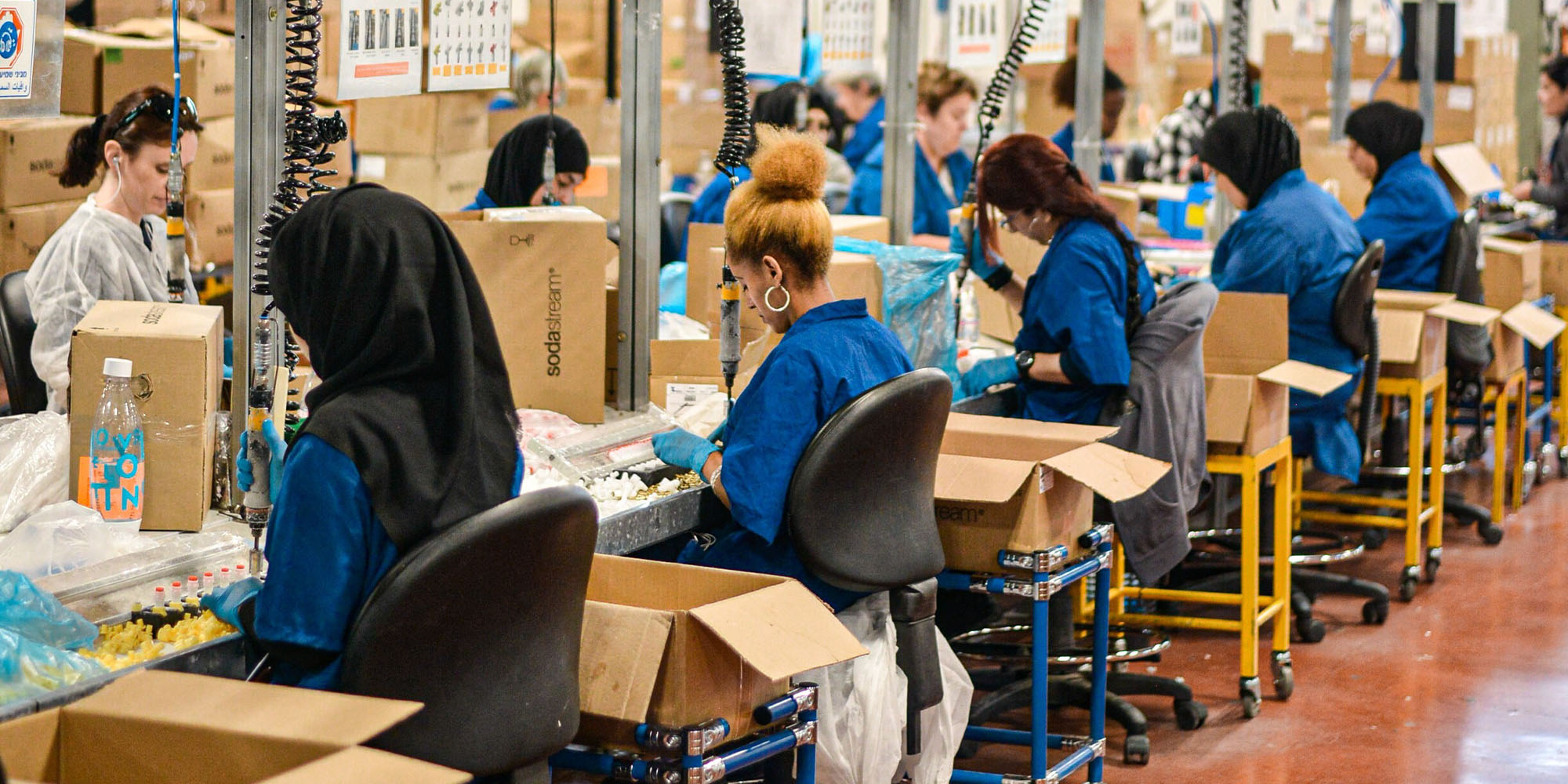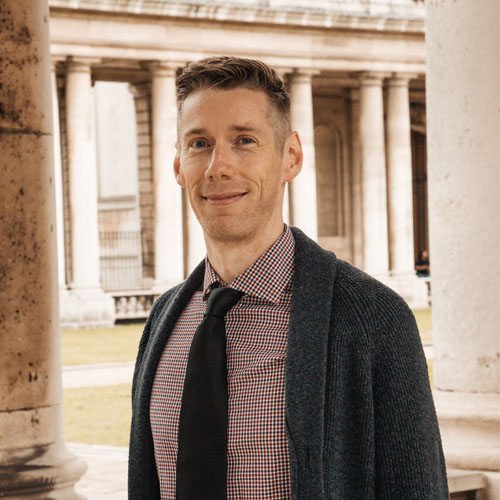About us: our vision
The Centre for Transformative and Global Justice (CTaGJ) has an international reputation for conducting high-quality research, analysis and activism on human rights, governance, environmental challenges and criminal justice systems. Further, we provide training and capacity building to public bodies, government agencies and civil society organisations. Our mission is to highlight access to rights and to transform systems to ensure justice is achieved from the global to the local. We do this through interdisciplinary research and close collaboration with external partners.
We aim to:
- Promote human rights, encourage good governance, ensure environmental protection and drive criminal justice reform, through support for responsive, inclusive, representative, participatory and transparent institutions.
- Bring together diverse projects under the overarching theme of accessibility to justice across a range of dimensions and scales.
- Actively engage with policymakers, government officials, affected communities, marginalized groups and other relevant stakeholders, facilitating dialogue, collaboration and coordination towards common goals.
- Develop monitoring and evaluation frameworks to track the progress and impact of programmes and initiatives.
- Publish reports, policy briefs, and research papers to disseminate findings and contribute to public discourse on human rights, governance, environment, and criminal justice.
- Build a supportive environment for researchers at every stage of their academic careers, including a training and mentoring programme to upskill researchers and inclusive, centre-wide activities.
Our impact on the world
The Centre for Transformative and Global Justice is committed to ensuring that our research is policy-relevant, and leads to positive social and environmental change, with a focus on rights and accessible justice. We do this through strategic advocacy efforts, lobbying and campaigns to influence policies, legislation, and practices at local, national, and international levels. The focus of our transformative impacts ranges from the local, as with our work combatting knife crime and understanding its impacts on communities, to the global, as evidenced by our research on international procurement practices and due diligence. In essence, we work to reduce all forms of violence: violence against individuals, violence against communities and violence against the environment.
This work directly contributes to the UN Sustainable Development Goals (SDGs):
- Our development of international guidelines and the Safe Schools Declaration for the protection of schools and universities from military use during armed conflicts, endorsed by more than 100 states, supports Quality Education (SDG4).
- Our research on the global electronics supply chains has led to public procurement professionals and policy makers at national and international levels to address their human rights’ impact, supporting Responsible Consumption and Production (SDG12)
- The Innocence Project London, established by our researchers in 2010, supports Peace, Justice and Strong Institutions (SDG16), by enabling law and criminology students to review cases of convicted individuals who have exhausted the criminal appeals process yet maintain their innocence.
Our world-leading research has already led to significant positive change in sustainable procurement practices, as well as equal and safe access to education. Our growing and internationally-recognised expertise (on ‘ghost criminology and knife crime) speaks to those challenges relating to reducing harm and violence; enhancements with global macroeconomic stability; responsive, inclusive, representative and participatory institutions.
Who we are
An interdisciplinary approach
The Centre for Transformative and Global Justice is inherently interdisciplinary in research practice and epistemological approach, enabling us to attack the complex challenges we face from multiple perspectives. We draw upon expertise from across the Schools of Law and Criminology, and History, Politics and Social Sciences, with emphases on international, human rights and financial law, and international relations. we also collaborate with colleagues in other Research Centres at the University of Greenwich, as well as with external organisations. Regardless of background, training and methodological tradition, however, all our researchers share a deep commitment to promoting rights, justice, and ultimately, peaceful societies.
Partners
A core strength of the Centre for Transformative and Global Justice, and why our research is so impactful, is the variety of working relationships our scholars have cultivated with external organisations, locally and nationally, and worldwide. Our public sector partners range from the London Borough of Newham, the Local Government Association and the West London NHS Trust to the UK Home Office’s Modern Slavery Prevention Unit and the Metropolitan Police Service. We also work collaborate with numerous charities working on rights and justice issues including Liberty, Human Rights at Sea, Power the Fight, Partisan UK, London Youth and the Fair Trade Advocacy Organisation. Among are international partners are the European Parliament, the Organisation for Security and Co-operation in
Europe, the International Labour Organization, the European Institute for Chinese Studies, the Bank of Italy and the United Nations Development Programme.
The Centre for Transformative and Global Justice also frequently join forces with academic colleagues at other higher educational institutions around the UK (e.g., University of Nottingham, Derby University, University of Essex, Goldsmiths University, University of Greenwich the West of England) and overseas (e.g., University of Barcelona, Cardenal Herrera University of Valencia, Danish Institute of Human Rights, Wageningen University in the Netherlands, Fresno State University, Kansas State University, the Università del Piemonte Orientale and Beijing Normal University).
Funding
The work of the Centre for Transformative and Global Justice is supported by, among others, the British Academy and the EU Horizon framework. We are seeking further funding from the Leverhulme Trust, the Economic and Social Research Council and the Arts and Humanities Research Council.
Our research
Overall approach
We deploy a diverse range of creative and co-produced research methodologies with embedded knowledge activities, including sophisticated qualitative, quantitative and mixed methods such as ethnography, deep-learning and imaginative experimental design.
Our work coheres around four main thematic strands, which together aim to ensure accessibility to peace and justice for all:
Rights
This strand is focused on transparency, due diligence and human rights in supply chains. We also address financial cooperation and regulation, safety in schools, as well as AI, social harm and human rights. examples of our rights work include research on protecting human rights at sea, and human rights in global supply chains.
Criminal Justice
Here we focus upon violence, harm and access to justice, exploring wrongful conviction, responses to knife crime and ‘moral panics’, mental health and the criminal justice system. A novel area of research is ‘ghost criminology’, which investigates how different individuals, groups and places can be ‘ghosted’, i.e., rendered invisible, while also ‘haunted’ by structural violence, such as histories of colonial oppression or environmental damage.
Environment
This thematic strand aims to effect positive social and environmental change through its focus upon global supply chains, agroecology and international law, and corporate
environmental recidivism. Scholars here frequently engage in multi-stakeholder dialogues and working groups, while publishing reports and policy briefs to achieve social change.
Governance
A focus upon strong, participatory institutions lies at the heart of the governance research strand. We examine humanitarian securitization, finance and good governance, ‘passive revolution’ and the movement from subaltern struggle to reconciliation and transformation. An example of this work is research on the politics of passive revolution in Bolivia.
Publications/Outputs
Our scholars have published a number of high-quality books, articles and other academic outputs on the human rights, good governance, environmental protection and criminal justice reform.
Teaching and training
The Centre for Transformative and Global Justice provides external training and capacity building in the areas of rights and justice to public bodies, government agencies and civil society organisations. We also support our own researchers at all stages of their careers, through a programme of training events and upskilling, covering aspects such as bid-writing and research impact. In addition, the Centre’s membership work with colleagues from the Greenwich Business School in teaching MSc Law, Regulation and the International Financial System.
News and events
We run a lively programme of events include conferences, book launches, stakeholder events based on policy briefs, and workshops. Among planned activities for the 2024/25 academic session are:
- A research seminar series reflecting the strategic goals of the Centre
- ‘Shut Up and Write’ and work-in-progress sessions
- Impact mentoring schemes and roadmap to impact sessions.






































